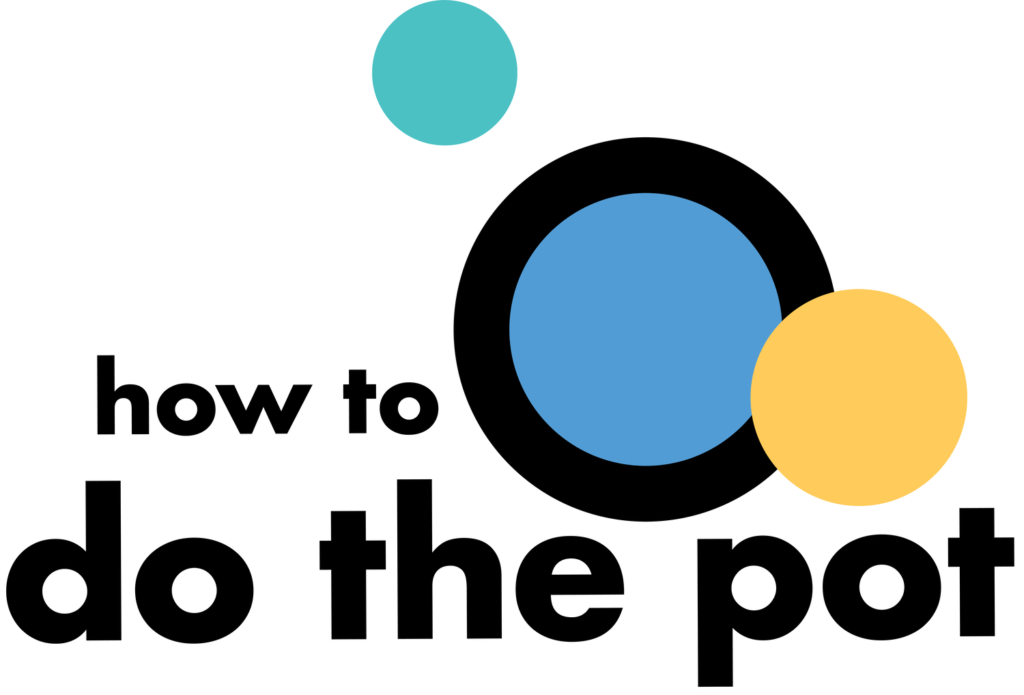When I started working in weed 5 years ago, “the pot talk” I had with my kids was personal but it wasn’t personal. The idea of my elementary age kids navigating weed was hypothetical, making it easier to intellectualize. Then, the sudden reality that kids – my kid – can score weed on Snapchat…happened. But based on the number of inquiries I’ve received from parents of teens, we all feel our control evaporated seemingly overnight.
On one hand, it’s simply normal development as kids ages 12 to 14 are more influenced by their peers’ opinions than they are by adults’. On the other, what would be averted by the steadfast, sage advice “keep ’em busy and keep ‘em outta trouble” has been made more difficult by COVID: Teens are spending an inordinate amount of unstructured time with their peers and without the supervision of teachers or coaches. While COVID brings its own special challenges to raising a “drug-free” kid, modern weed does, too – in the form of odorless vape pens, specifically.
So what do we know about teens and weed? This conversation is part of a new audio series on How to Do the Pot podcast called “The Pot Talk,” debuting this December:
When cannabis was declared an essential service during the lockdowns for COVID-19, the national conversation around the plant shifted to solving real problems related to stress, sleep and mental health. What comes next after cannabis has been deemed essential medicine for millions of Americans?
THE POT TALK…
with a teen who has too little school & no sports.
with a fave boomer who is prescribed too many pills.
with a friend who just needs to do the pot already.
with “a friend” who smokes too much weed.
with a sober partner who is off the weed for work or to work the steps.
Please stay tuned and reach out if you have questions or stories to share. More soon AP
FIVE WAYS TO HELP YOU START THE CONVERSATION
1. It’s heartening to see that teen consumption does not go up when states legalize it. But how old were you when you first tried it? Yep, probably underage.
2. Underage consumption can affect developing brains in long-lasting ways. Contrary to popular belief, marijuana can be addictive and its use during adolescence may make problem use or addiction more likely. People who begin using cannabis before age 18 are four to seven times more likely than adults to develop a marijuana use disorder.
3. I spent a lot of time in Canada leading up to 2018 federal legalization with my last cannabis company, Van der Pop and trust the Canadian approach which is centered on harm reduction rather than assuming abstinence will work for those under 21. Harm reduction is rooted in data that humans consume substances and concedes realities that some people – and definitely parents – have trouble accepting. Rather than subscribing to “just say no”, the idea is think through your behavior related to consumption as risk/reward.
4. Why do teens turn to weed? The top reasons are pleasure, general enjoyment, being social and to relax, followed by experimentation, connecting with peers & ‘fitting in’. Teens that report consuming as a coping mechanism for stress or to self-medicate for a mental health condition are at greater risk of problematic use over time.
5. How seriously should you take teens + weed? Some parents tell me they would rather have their teen try cannabis than alcohol, mostly due to driving-related risks. I hear you, but the few studies that exist offer reason to be concerned about the long-lasting effects of cannabis vs alcohol.




